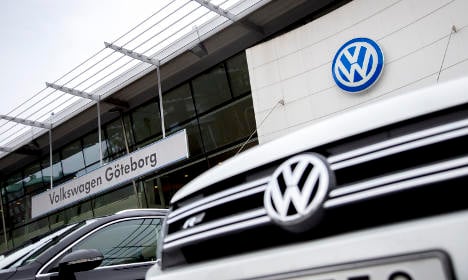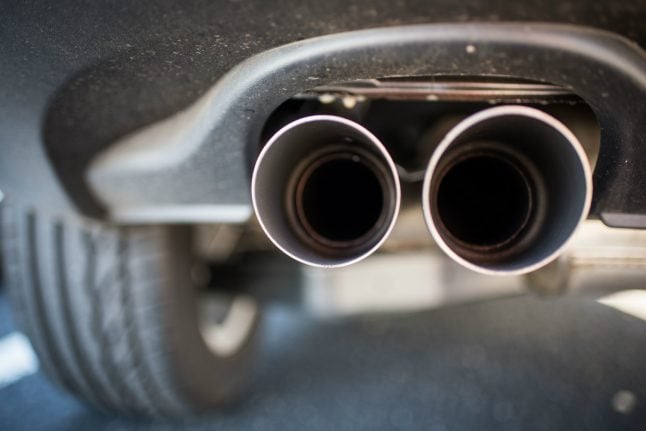“We believe this action, or lack of action, from the management is outrageous. It's poor judgment in terms of business, but it's also very costly from a financial point of view,” Sasja Beslik, head of responsible investments at Stockholm-based Nordea, told the AFP newswire.
He said that officials would “carry on working intensively to find out exactly, together with VW, in detail which vehicles are affected so that we can further inform the public.”
Dobrindt said that most of the vehicles involved in the manipulation had 1.6 or 2-litre diesel engines.
VW is “working on” a list of the affected models, but “can't yet say when it will be published,” a spokesperson for the car firm told German tabloid Bild.
The EA 189 motors involved in the emissions scandal are also found in Audi's A1, A3, A4 and A6 cars, an Audi spokesperson also confirmed to the tabloid.
Dobrindt did not say whether the vehicles affected would have to be removed from circulation.
But he added that cars from other manufacturers would now be tested to see if the problem is more widespread.
Nordea is one of the biggest banks in Scandinavia with 11 million customers.
It has made a point of promoting an ethical business strategy in recent months following a scandal which linked its CEO with free hunting trips earlier this year.





 Please whitelist us to continue reading.
Please whitelist us to continue reading.